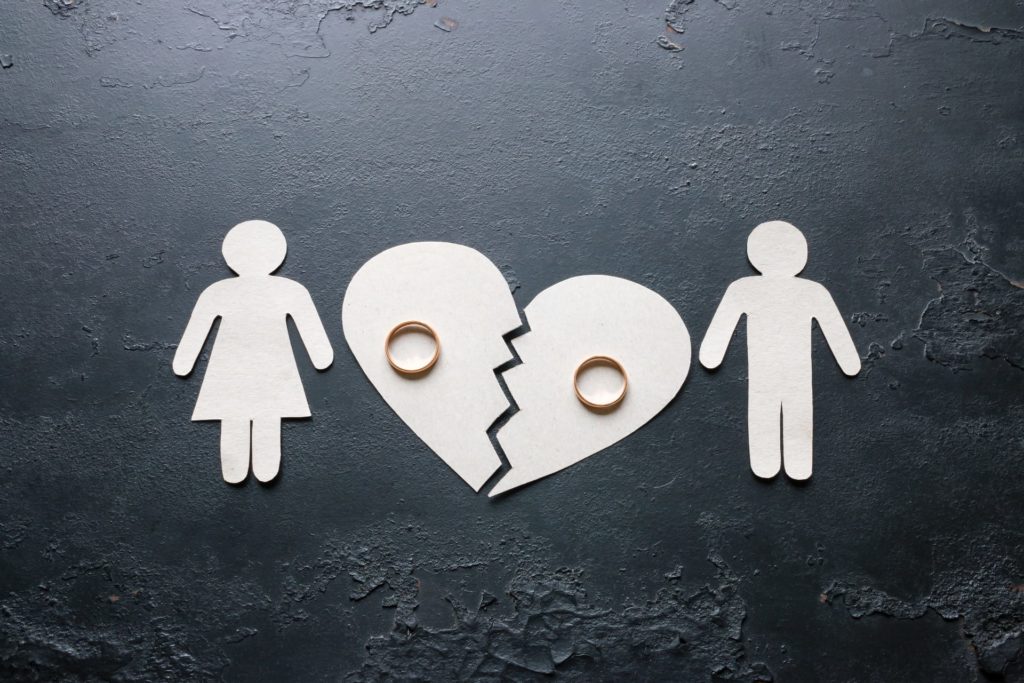Divorce Chapter 7 vs 13
Which is Better When Going Through a Divorce chapter 7 vs 13?
You want do do a divorce and file bankruptcy. But which chapter? Compare the differences for you divorce chapter 7 vs 13. Generally one chapter will offer a better outcome. Whether you and your spouse are in agreement, or at odds with each other, the differences are important for both of you to know.
This is a complex legal area, and deciding to do a divorce and comparing Chapter 7 vs Chapter 13 cannot be done without an advanced knowledge of BOTH practice areas. This is not an area for novices. The cost of a mistake here can be devastating. The analysis of divorce chapter 7 vs 13 is complex, and requires knowledge of both practice areas.

You Can Get Divorced and File Chapter 7 or 13 at the Same Time
Looking for More Articles on Bankruptcy?
Visit or Bankruptcy Learning Center for the most common and uncommon bankruptcy questions.
Visit the Bankruptcy Learning CenterLegal Fees in Divorce Chapter 7 vs 13
Money is always important, but the cost of a mistake in this area can be much more than the cost of competent counsel. Many people try to save legal fees by using one attorney. There is absolutely nothing wrong with this approach, when it works. The problem will arise if the interests of husband and wife are adverse. One lawyer must “serve two masters” in a joint case. The lawyer will have to withdraw if the interests of his clients differ. This is part of the divorce chapter 7 vs 13 analysis too.
Starting out with one lawyer in an attempt to save money can backfire. When the attorney can no longer represent both, he can then represent neither. He has a conflict. The conflict extends to all attorneys in his firm. Now, instead of paying one lawyer, the couple has to pay three. The original lawyer and the two separate attorneys which the couple will now have to hire.
Unless you are sure you can maintain a good, non-adversarial relationship throughout the entire case, be safe, and hire separate attorneys. As a practice pointer, I regularly recommend that clients see another attorney just for a second opinion even if we all agree that I can represent both parties in a case.
The Non-dischargeable Debt Problem in a Chapter 7
Bankruptcy law prevents the discharge of debts ordered to be paid in connection with a divorce decree or dissolution. Take a look at 11 USC 523 (a) (15). How do you get around this? And, ask yourself, if the debt is not discharged, what do you expect the creditor to do when it is discovered that you filed a chapter 7 and were ordered to pay this debt? This is not an issue in chapter 13.,
For this reason, we routinely, to keep our clients protected from creditors, recommend chapter 13 when a divorce has debts mentioned. Nobody wants to see the benefits of a bankruptcy discharge ruined because their attorney missed this in the divorce chapter 7 vs 13 analysis.
When you’re facing divorce chapter 7 vs 13 decisions, be aware that there are many differences. There are many pitfalls and traps for the inexperienced attorney and their clients.
When your future finances are at stake, you should consult a board certified bankruptcy specialist. For many years, I have advised other attorneys on these matters.
Share This Article
Our Legal Services
Bankruptcy Learning Center
- Bankruptcy Can End a License Suspension
- Bankruptcy Individual vs Joint
- Can the Self Employed File Bankruptcy?
- Chapter 7 vs Chapter 13
- Cash Advance and Bankruptcy
- Debt Consolidation vs Bankruptcy
- Divorce and Bankruptcy
- Divorce and Chapter 7
- Divorce and Chapter 13
- Divorce Chapter 7 vs Chapter 13
- How to Keep Your Car
- How to Keep Your Pets in Bankruptcy
- How to Keep Your Property
- How You Can Loose Your Retirement
- Is Chapter 7 or Chapter 13 Better?
- Judgment Proof vs Bankruptcy
- Liens in Bankruptcy
- Military Bankruptcy
- Payday Loans and Bankruptcy
- Life After Bankruptcy
- Chapter 13 vs Loan Modification
- Short Sale vs Bankruptcy
- Small Business Bankruptcy
- Stop Lawsuits with Bankruptcy
- What is an Automatic Stay?
- What is a Bankruptcy Exemption?
- What To Do if You Lost Your Job
- What Does the Bankruptcy Trustee Do?
- Tax Debt and Bankruptcy
- The Downside of Filing Bankruptcy
- The Pros & Cons of Filing Bankruptcy
- The Truth About Bankruptcy
Useful Calculators
Here are two helpful calculators for managing your debt repayments and Chapter 13 commitments.

